Fighting for Economic and Social Justice
Combatting Disproportionate Poverty
Even before the pandemic, St. Paul had some of the highest poverty rates compared to surrounding cities. Black Minnesotans and Native Americans were nearly 4 times more likely to live in poverty than their white counterparts. Asian children in Minnesota are 6 times more likely to live in poverty than their white counterparts. The pandemic has made it even harder for our neighbors to make ends meet (see here and here). As we rebuild our way out of this pandemic and reopen, Liz will support legislation and community programs that help everyone on the Eastside achieve an equal part of our economic recovery.
Supporting Working Families
Compared to white men, Black women are paid 63 cents on the dollar and Hmong women are paid 60 cents on the dollar. In Ramsey County, women are also more likely than men to live in poverty. These disparities worsened during the pandemic when many women were forced to exit the workforce for various reasons, including family care and the industries they work in being disproportionately affected. Liz will support policies that empower women on the Eastside as they join the workforce. She will be a champion for fair wages, and paid family and medical leave to support all families on the Eastside.
Supporting Small Businesses
It’s no question that small businesses are the backbone of our economy, but a record number shut down during the pandemic - many of which were owned by AAPI families. Liz will be a champion for existing small businesses on the Eastside, while also supporting new Eastside entrepreneurs who want to make their ideas a reality. Liz will push for legislation that supports women-, minority-, and veteran-owned small businesses.
Attacking the root causes of crime
The Eastside is home to people of nearly every race, religion, gender, and creed. This diversity is a source of strength for our community. That’s why we can never allow politicians or pundits to divide us with failed “Law and Order” policies that don’t address the root causes of crime. By tackling the school-to-prison pipeline, and coming together around policies like fully funding mental health services and investing in affordable housing, we can reduce crime and keep our families safe.

